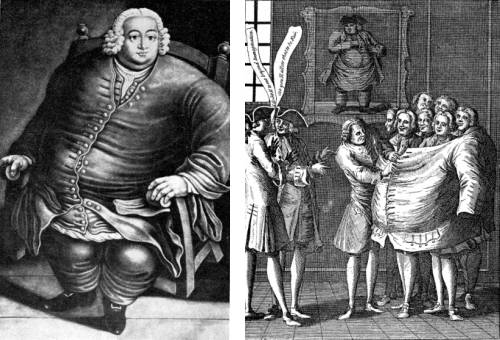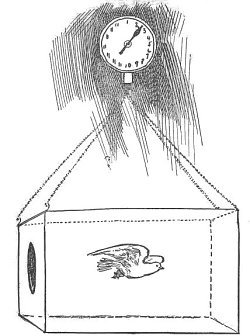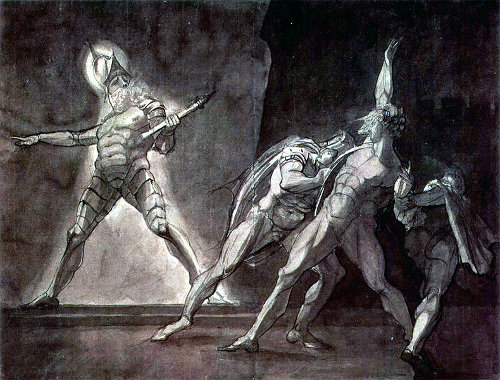After leaving a Cambridge party, H.G. Wells realized he had picked up the wrong hat. The owner’s name was inside the brim, but the hat fit well, and Wells liked it. So he sent a note instead:
“I stole your hat; I like your hat; I shall keep your hat. Whenever I look inside it I shall think of you and your excellent sherry and of the town of Cambridge. I take off your hat to you.”
Letter from Mark Twain to William Dean Howells, London, July 3, 1899:
Dear Howells,— … I’ve a lot of things to write you, but it’s no use — I can’t get time for anything these days. I must break off and write a postscript to Canon Wilberforce before I go to bed. This afternoon he left a luncheon-party half an hour ahead of the rest, and carried off my hat (which has Mark Twain in a big hand written in it). When the rest of us came out there was but one hat that would go on my head — it fitted exactly, too. So wore it away. It had no name in it, but the Canon was the only man who was absent. I wrote him a note at 8 p.m.; saying that for four hours I had not been able to take anything that did not belong to me, nor stretch a fact beyond the frontiers of truth, and my family were getting alarmed. Could he explain my trouble? And now at 8.30 p.m. comes a note from him to say that all the afternoon he has been exhibiting a wonder-compelling mental vivacity and grace of expression, etc., etc., and have I missed a hat? Our letters have crossed.
Yours ever,
Mark.



